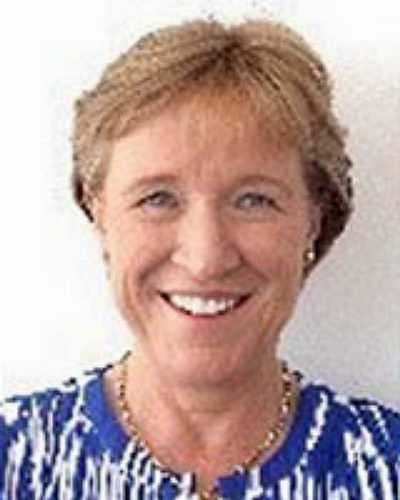Now published, see the full article 
Early Abstract:
Introduction: Physical activity and lifestyle programs are scarce for people with hereditary ataxias and neurodegenerative diseases. Aboriginal families in the Top End of Australia, who have lived with Machado–Joseph disease (MJD) for generations, co-designed a physical activity and lifestyle program, called the ‘Staying Strong Toolbox’. The aim of this study was to explore feasibility and impact of the program on walking and moving around.
Methods: A mixed method multiple case study design was used to pilot the Staying Strong Toolbox. Eight individuals with MJD participated in the program for four weeks. Participants tailored their own program using the Toolbox workbook. Families, support workers and researchers facilitated each individual’s program. Feasibility was determined through program participation, adherence, coinciding or serious adverse events, participant acceptability and cost. Impact was determined through measures of mobility, ataxia, steps, quality of life, wellbeing and goal attainment, assessed before and after the program.
Results: All participants completed the program, averaging five activity sessions per week, 66 minutes per session, of walking (63.5%), strengthening/balance-based activities (16%), cycling (11.4%) and activities of daily living, cultural and lifestyle activities (10.5%). Seven participants were assessed on all measures on three occasions: baseline, pre-program and post-program, while one participant could not complete post-program measures due to ceremonial responsibilities. All had significant improvements in mobility, steps taken and ataxia severity (p<0.05) after the program. Quality of life and wellbeing was maintained.
Conclusion: The program helped participants remain ‘strong on the inside and outside’. Participants recommended implementation in four-week blocks and for the program to be shared internationally. The Staying Strong Toolbox program was feasible for families with MJD. The program had a positive impact on walking and moving around, with participants feeling stronger on the outside (physically) and inside (emotionally, spiritually, psychosocially). The program could be adapted for use by families.


